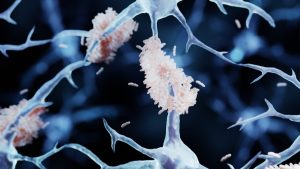Articles / Concussion in kids: Insomnia treatment linked to faster recovery


writer
Adjunct Professor (Psychology) and Pediatric Neuropsychologist, University of Calgary

writer
Associate Professor, Psychology, University of Calgary
0 hours
These are activities that expand general practice knowledge, skills and attitudes, related to your scope of practice.
0 hours
These are activities that require reflection on feedback about your work.
0 hours
These are activities that use your work data to ensure quality results.
These are activities that expand general practice knowledge, skills and attitudes, related to your scope of practice.
These are activities that require reflection on feedback about your work.
These are activities that use your work data to ensure quality results.
Active kids sustain injuries. It is estimated that every year more than 100,000 Canadian children and adolescents get a concussion while participating in normal childhood activities, like sports and play.
Most kids return to school and activities within about one month of the injury, but sometimes they need specialized concussion treatment and rehabilitation.
Our recent study, published in the Journal of Head Trauma Rehabilitation, found that psychotherapy can improve adolescents’ insomnia after concussion and that it also improves overall post-concussion recovery.

Menopausal Hormone Therapy - What Dose of Estrogen is Best?

Cardiovascular Benefits of GLP1s – New Evidence

Oral Contraceptive Pill in Teens

RSV and the Heart

writer
Adjunct Professor (Psychology) and Pediatric Neuropsychologist, University of Calgary

writer
Associate Professor, Psychology, University of Calgary


Yes
No
Listen to expert interviews.
Click to open in a new tab
Browse the latest articles from Healthed.
Once you confirm you’ve read this article you can complete a Patient Case Review to earn 0.5 hours CPD in the Reviewing Performance (RP) category.
Select ‘Confirm & learn‘ when you have read this article in its entirety and you will be taken to begin your Patient Case Review.
Menopause and MHT
Multiple sclerosis vs antibody disease
Using SGLT2 to reduce cardiovascular death in T2D
Peripheral arterial disease
